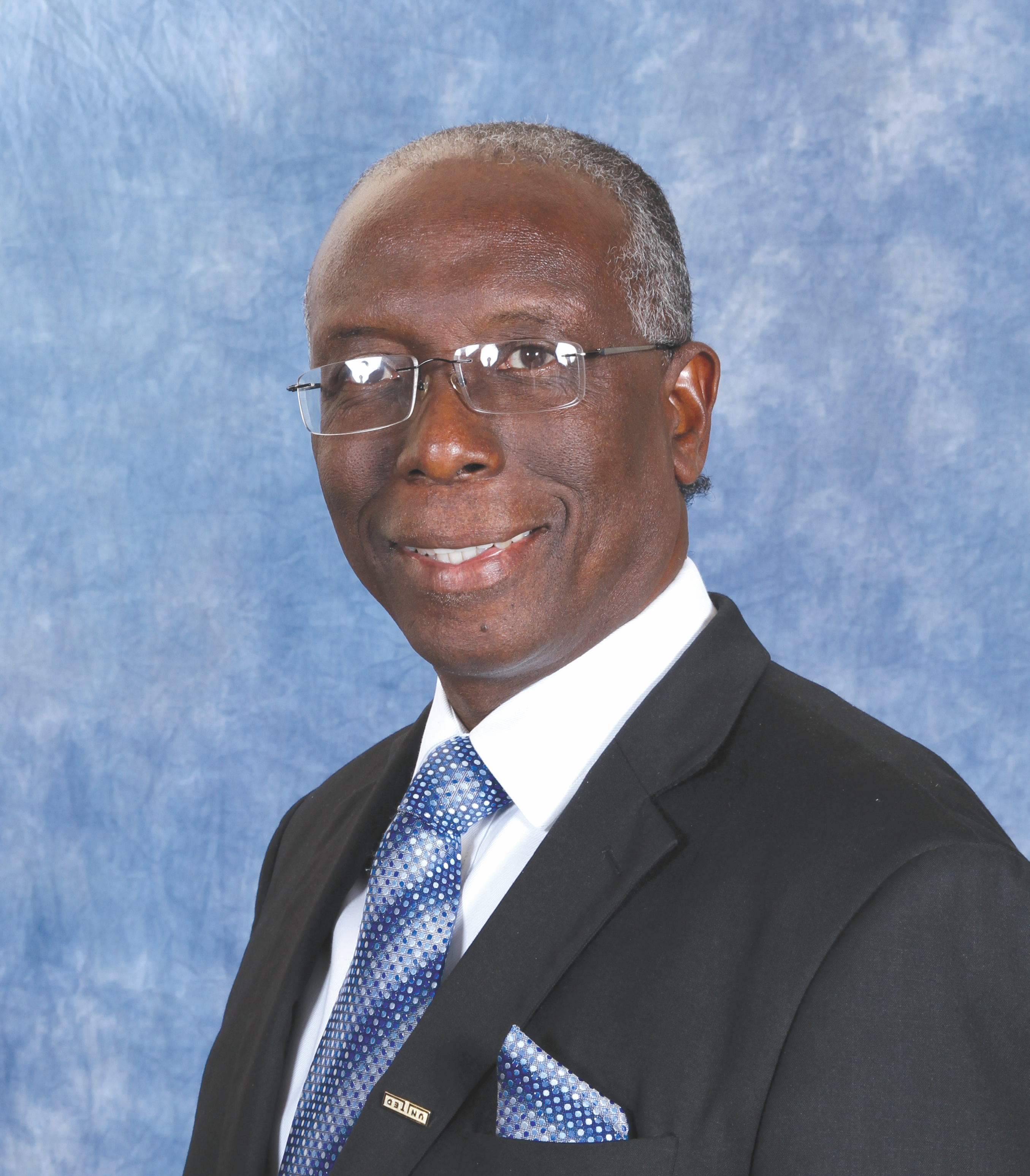
6 minute read
All Nations
The Church of God of Prophecy is a dynamic Christian organization operating in more than 135 countries of the world and takes seriously the commission given by our Lord Jesus Christ. Since the humble beginning in 1903, the Church has spread to many nations of the world, but it must continue its forward thrust to reach all people groups. Jesus, in his earthly ministry, said that the gospel of the kingdom will be preached in the whole world as a testimony to all nations, and then the end will come (Matthew 24:14). The nations of the world can be considered as religiously pluralistic in which the overall dominant religion is Christianity. The church presently communicates the gospel of Jesus in variegated Christian group presentations through church services, conferences, seminars, crusades, street meetings, and, since the pandemic, through the various electronic platforms—all of which are carefully crafted to impact the various cultures, which was intended by our Lord in the commission given to the church to go into “all the world” and to “teach all nations.” He said, “Go ye therefore, and teach all nations, . . .” (Matthew 28:19).
In the abovementioned verse, Jesus clearly gave the directive for believers to traverse the globe to “teach all nations” as stipulated in Matthew 28:19: “Go ye therefore, and teach all nations.” The word “nations” is the Greek word ethnos. It is where we get the word ethnic. In Greek, this word always describes Gentile nations. However, it does not just refer to nations that are geographically located distant from us; it also expresses the idea of different customs, cultures, and civilizations. This unquestionably means the gospel is to be taken to people from every culture, custom, civilization, race, color, or ethnicity in the world.
“Go ye into all the world, and preach the gospel to every creature” (Mark 16:15). According to this verse, the saving message of Jesus Christ must be taken “into all the world.” The word “world” in this verse is from the Greek word kosmos. This is very significant, for the word kosmos describes anything that is ordered. In Greek, it is often used to denote a particular political system; a system found in any part of society, such as a circle of friends; or any sphere where you live and have influence.
Also, as clearly stated in the book of Ephesians, God invites the church to walk in unity, holiness, light, love, and in the Holy Spirit. God wants his children to walk alongside him, in him, with his people and beyond, and to walk in good works, which God prepared beforehand that we should walk in them (Ephesians 2:10).1 God, the source of all power, has given to the body of Christ the “authority to witness to, reflect and embody Christ’s authority and power to transform people.”2
The gospel is for all people needing to experience God and to be transformed. Those with the responsibility to go need to be humble, teachable, and should make it known that they are not perfect, but do experience struggles, have problems, and are dependent on the help of God. The church has been given the message and ministry of reconciliation. Those who become believers need to be nurtured until maturity is attained.
It is the gospel of Jesus Christ that the church proclaims that remains foundational in all true proclamation; it is the “center of our kerygma (proclamation) and the heart of our didache (teaching).”3
The goal of proclamation is faith rather than understanding. Jesus does not bring a teaching but a message. People of all cultures resist it, but thank God for those who have accepted it—thus experiencing transformation as the relation with Jesus grows each day. Proclamation is important because through it, faith arises. True hearing brings the faith that is also obedience; this is affected by the word (Romans 10:8). Since faith comes by proclamation, the two have the same content (1 Corinthians 15:14).4
The expansion of the ministry of Jesus Christ through the work being done by efforts of the ministers and members of the Church of God of Prophecy in all nations can only get better as we “pray the Lord of the harvest” for more faithful laborers. With more than twelve thousand preaching points each week, commendation must be given to the many faithful pastors and workers who are persisting with the work of the Lord against tremendous challenges they are facing each day. It is my prayers that as we continue to press into all nations with the gospel of Jesus Christ, that the prayer for unity our Lord made on our behalf in John 17 will be evident in this ministry of reconciliation as we go forward.
With our determination to take the good news to all nations, we should rest in the comfort of the Word of God found in 1 Corinthians 15:58 (NIV), which states, “Therefore, my dear brothers and sisters, stand firm. Let nothing move you. Always give yourselves fully to the work of the Lord, because you know that your labor in the Lord is not in vain.”

_______________________________
1. S. Steve Kang, “EM502 Educational Ministry of the Church” (lecture, slide 40, GCTS in Nassau, Bahamas, May 2014).
2. Gary A. Parrett and S. Steve Kang, Teaching the Faith, Forming the Faithful: A Biblical Vision for Education in the Church (Downers Grove, IL: IVP Academic, 2009), 121.
3. Parrett and Kang, Teaching the Faith, 99.
4. Kang, “EM502” (lecture, slide 6, May 2014).










